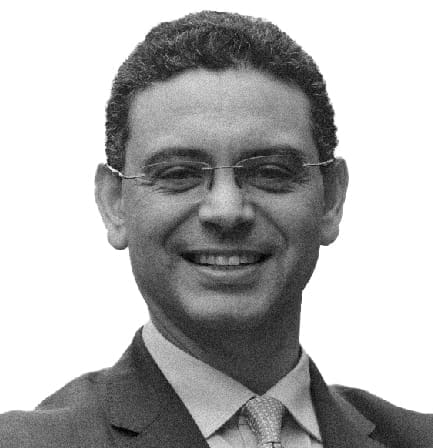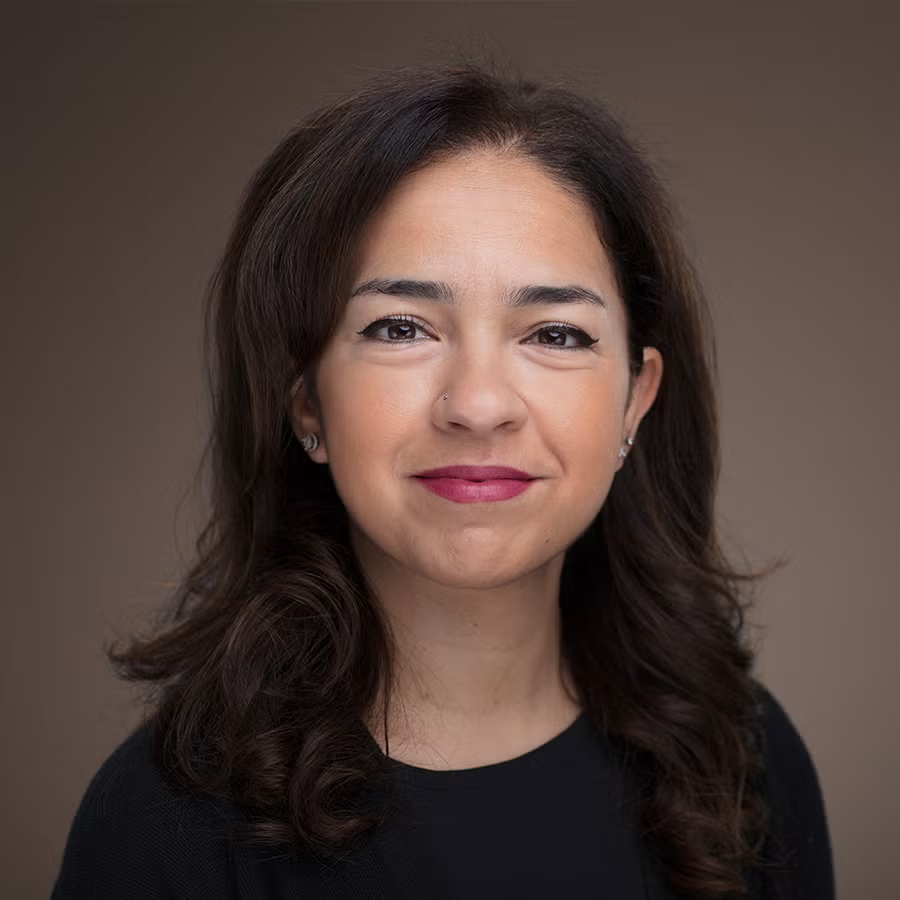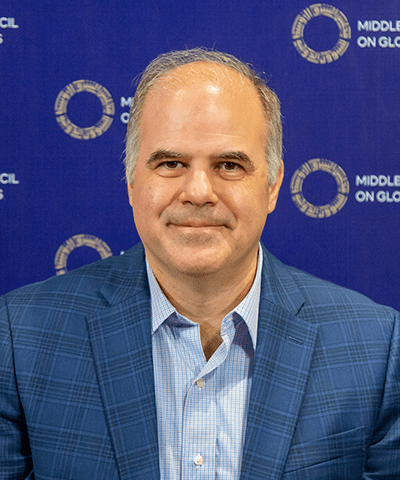Cooperation and Development in the MENA Region Amid a Polarized World
Launch Event for the Human Development Report 2023-2024
November 20, 2024
Summary
As the global landscape grows more interconnected, addressing shared challenges has never been more urgent. From climate change and pandemics to deepening polarization and distrust, the need for cooperative action is at an all-time high. Yet, despite technological advancements and vast resources, the world finds itself at an impasse—unable to effectively tackle these global crises. What is causing this paralysis? Can collective action be mobilized in a world of competing interests and political divisions?
In collaboration with the United Nations Development Programme (UNDP) office in Doha, the Middle East Council on Global Affairs (ME Council) is hosting an event to launch and discuss the 2023–2024 Human Development Report (HDR) titled “Breaking the Gridlock: Reimagining Cooperation in a Polarized World.” The report explores how reimagining global public goods and closing human agency gaps can reignite cooperation on shared challenges. Experts will examine the report’s relevance to the Middle East and North Africa (MENA), addressing key questions such as: How can we foster collaboration in an era of deepening distrust and division? What practical steps can be taken to unlock collective action, particularly in the face of climate change? How can local and regional stakeholders contribute to overcoming these global challenges?
Moderator





